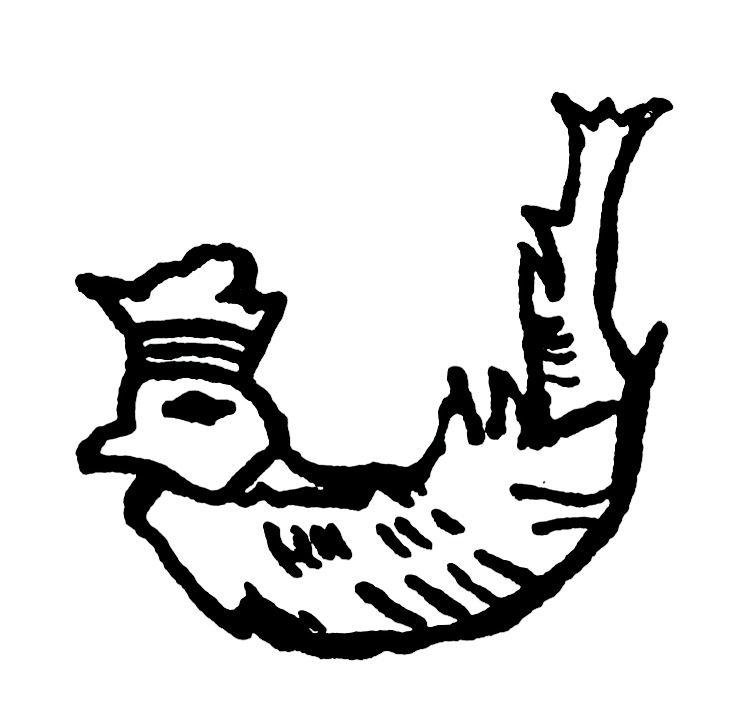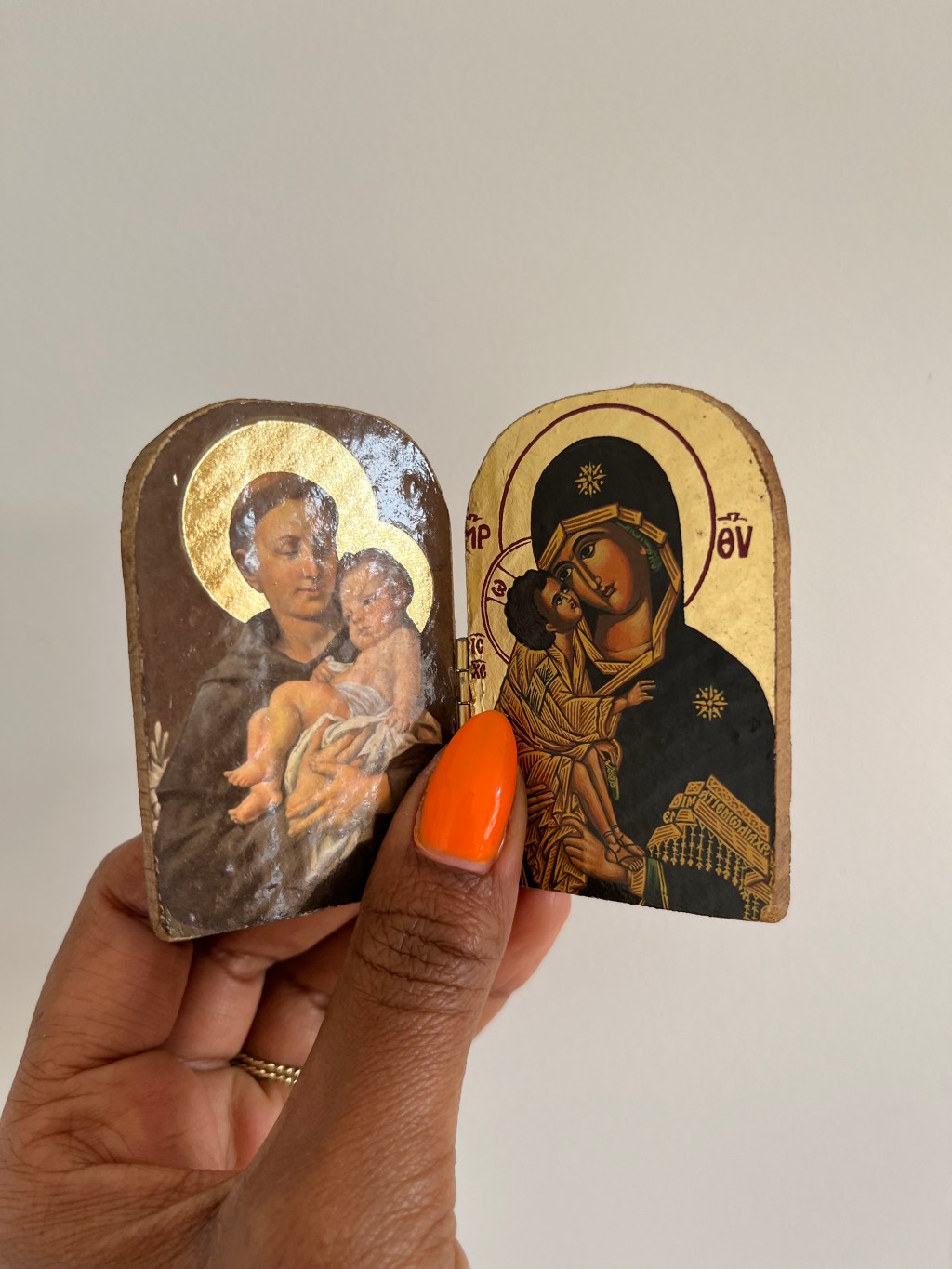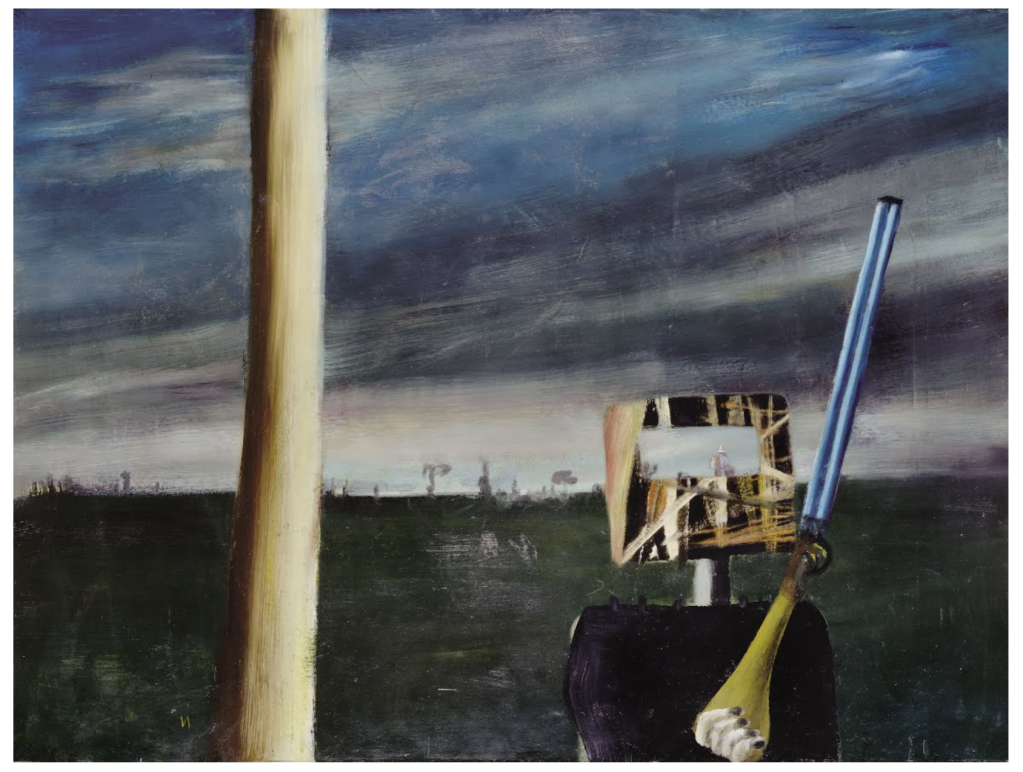
Edward Frenkel, mathematician, author, filmmaker, on a still shot from his film ‘Rites of Love and Math’
GB Tell me why you chose this.
EF Most people are daunted by mathematics, find it too abstract and too far removed from our daily lives. So how can I show to someone who is not a mathematician that a mathematical formula can be beautiful and elegant, like a painting, a poem, or a piece of music? I wanted the formula to get under everyone’s skin, like the ink of a tattoo. The result was the film ‘Rites of Love and Math‘ (which I co-directed with Reine Graves in Paris four years ago), from which this image is taken.
GB There are so many different elements to this image. Are they all beautiful to you – the visual beauty of the tattoo, the sensual beauty of the skin, the intellectual beauty of the formula?
EF We start with the visual beauty of the formula merged with the body. Viewers of the film found this aesthetically pleasing, and that made them curious. “But what does this formula mean?” they would ask. Which was exactly the point. If we made a film in which I wrote this formula on a blackboard and tried to explain its meaning, most people would have walked out of the theater. But seeing it in the form of a tattoo elicited a totally different reaction. Everyone wanted to know what it meant! And this was the portal to discovering the intellectual beauty of the formula, which one could argue (following Plato) is a higher form of beauty.
GB Love and mathematics seem to be so different. I can see that math can inspire love – but has the uncertainty and the irrationality of love (at least the lower forms of Eros), inspired your quest for beauty in the opposite – in the eternal certainties of math?
EF As I write in my book ‘Love and Math,’ I don’t believe that there is a formula that describes or explains love. When I talk about a connection between love and math, I don’t mean to say that love can be reduced to math. Rather, my point is that there is a lot more to math than most of us realize. As I argue in my book, mathematics gives us a rationale and an additional capacity to love each other and the world around us. And even if a mathematical formula cannot explain love, it can carry a charge of love. So I don’t see math as the opposite of love. They are complementary to each other. I realize this may sound surprising to your readers, but that’s the result of how badly mathematics is presented in our culture. People are misinformed. In my book, I tell the readers what mathematics really is, to enable them to discover its beauty.
GB Can you describe what you think love is – in words (rather than a mathematical formula). How does this formula relate to that?
EF What’s love? A second hand emotion. No, wait…
“Love is the voice under all silences,
the hope which has no opposite in fear;
the strength so strong mere force is feebleness:
the truth more first than sun, more last than star”
How could I possibly say it better? (Though in the language of math, I would give E.E. Cummings a run for his money.)
GB Is beauty connected to truth for you?
EF Yes, they are connected. Beauty has always been a guiding principle in science and mathematics. Some even go as far as saying that beauty is more important. The great mathematician Hermann Weyl once said: “My work always tried to unite the truth with the beautiful, but when I had to choose one or the other, I usually chose the beautiful.” And another mathematician, GH Hardy wrote: “there is no permanent place in this world for ugly mathematics.” I like the romantic sentiment expressed here, and I do believe that mathematical truths are beautiful — perhaps, in a higher sense that we may not be able to appreciate at first. But mathematics is ultimately a quest for truth. I would take a correct, but ugly proof over a beautiful, but false one any day. Later, we may find a better and more beautiful proof, or we might realize that the proof we had was not ugly at all if we look at it in the right light.
Perhaps, I should mention that there is a subtle difference here between math and physics. A physical theory, however beautiful, is relevant only if in so far as it can be verified by an experiment (this may take time, but must happen eventually). In mathematics, we are more free. Mathematical theories do not have to be constrained by physical reality, so perhaps beauty takes a more central role in math. But we do hope that the beauty we find is true.
GB In Jim Holt’s review of ‘Love and Math’ he quotes GH Hardy, saying that beauty, not usefulness, is the true justification for mathematics. Do you agree?
EF It’s important to understand the context in which Hardy wrote this. Mathematicians are often criticized because they are doing something that is not ‘useful’ in any obvious sense. Hardy was rebelling against this when he basically said in his book ‘A Mathematician’s Apology’: you know what, it is useless. Leave us alone! Mathematicians are driven by beauty and the inner logic of the subject, not by applications. I respect that, and to a large extent, I agree with him. The irony is that many apparently esoteric results in number theory, his field of expertise, which he claimed to be useless, are now ubiquitous in our daily lives. Every time we make online purchases, for example, this highly sophisticated math is at play (through encryption algorithms). So we should never try to prejudge the potential of a mathematical formula or idea for practical applications, even if its discovery was not driven by those applications.
GB Do you think that mathematics has a reality that transcends the human mind? Could its beauty be pointing us in the direction of that somehow?
EF Being a mathematician, you see right away that not all mathematics is rooted in physical reality. Some of it is, but not all. For example, there are important numerical systems that seem to find no expression in nature, there are infinite-dimensional spaces that we can’t see anywhere in the physical world… But they are just as real as atoms and planets. If so, then where does mathematics come from? Is it the product of human mind, or does it live somewhere in the enchanted gardens of a Platonic world, waiting to be discovered?
I talk about this in my book ‘Love and Math.’ I don’t have the answer. My conjecture is that the latter is true for at least some part of mathematics. In other words, some mathematical truths are absolute and timeless. Humans discover them rather than invent. If so, then how do we connect to these truths? Clearly, we do this through our consciousness, but how? We don’t know. This is an important question, and we should think more about it. Some philosophers dismiss this line of thinking by saying that this is incompatible with the ‘fact’ that we think with our brains. I am not convinced by this argument; in my view, it relies on a number of unproven assumptions. We don’t fully understand what consciousness is, do we? How can we be sure that it resides entirely in our brains (and what is the definition of ‘resides’ here, anyway?). Actually, those who say that all mathematics is created by the human mind have to answer some vexing questions as well: why are mathematical truths objective and independent of our perception? What makes them so unlike other knowledge?
We have to be humble and realize how little we know, and we should accept the possibility that the model of the world we take for granted (with maxims like “we think with our brains”) may be totally off, the way philosophers’ model of the space around us — it being flat and Euclidean — was totally off, as it turned out. And that’s where beauty comes in. It may well give us some clues about what’s really going on.
GB Is the darker side to this mathematical knowledge – the way in which it can be used to do evil – also a part of its beauty? Is power a part of its appeal?
EF This may sound naïve and romantic, but I don’t find beauty in evil. Unfortunately, mathematics can indeed be used for evil. I don’t have to search too hard for examples: global economic crisis; government’s manipulation of economic statistics; recent revelations about the NSA hacking mathematical formulas to install backdoors in commonly used encryption algorithms… We live in a brave new world, in which mathematics has become a powerful weapon. We have to be aware of this and try to create effective mechanisms to make sure that this power is not misused.
GB What makes something worthy of the word Beauty to you?
EF Something that transcends time and space and gives me the experience of connecting to reality at a higher level.




